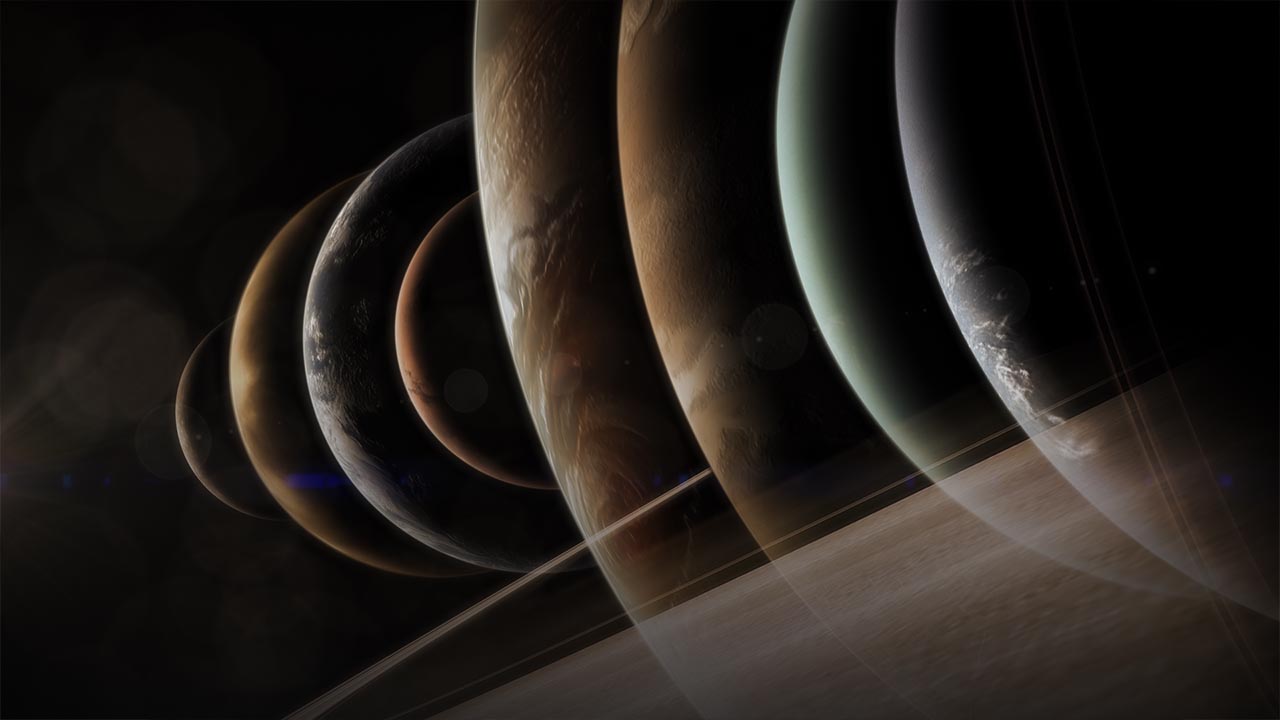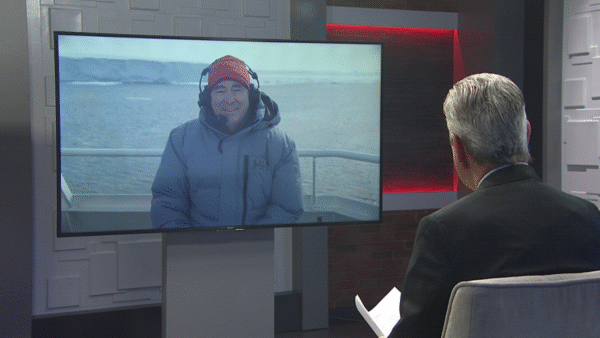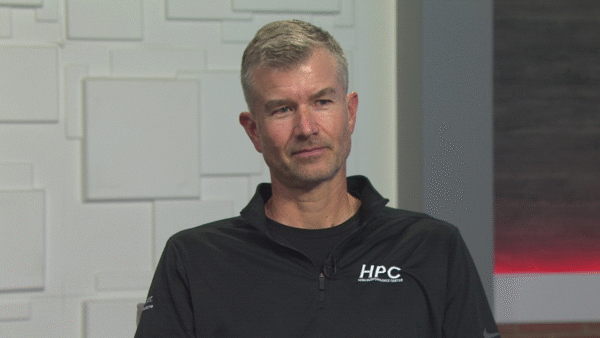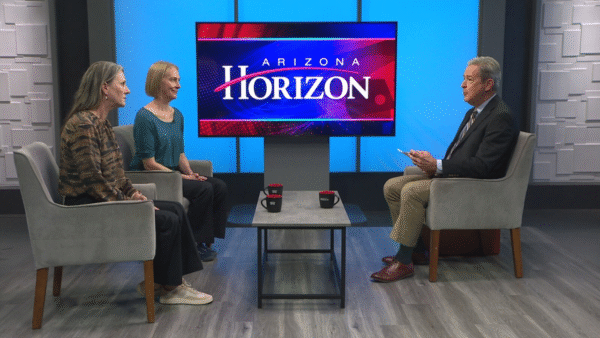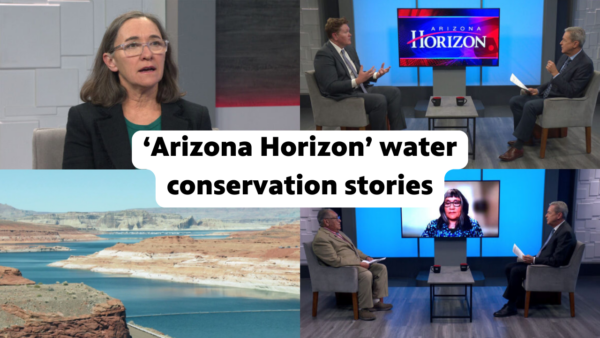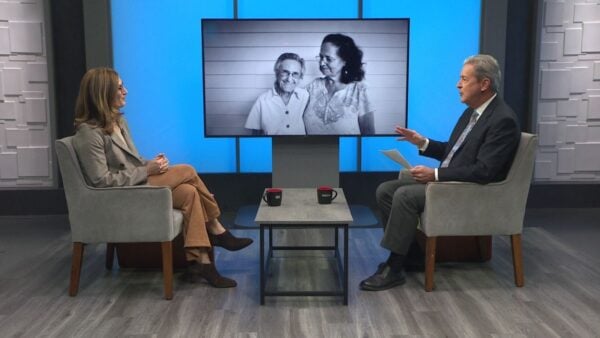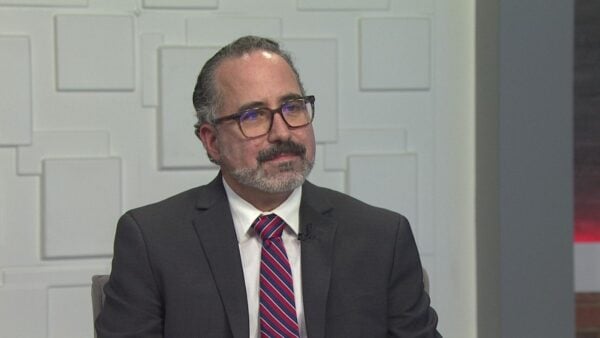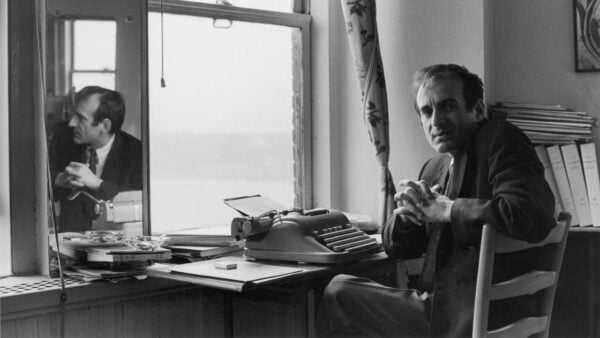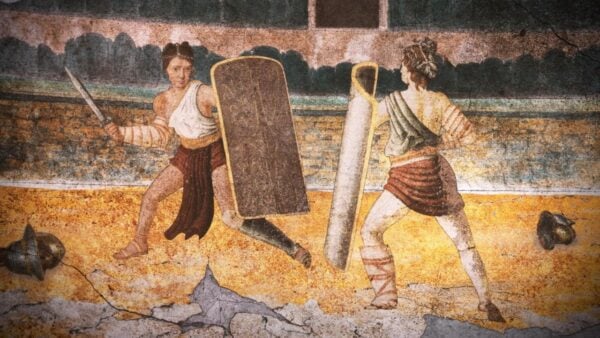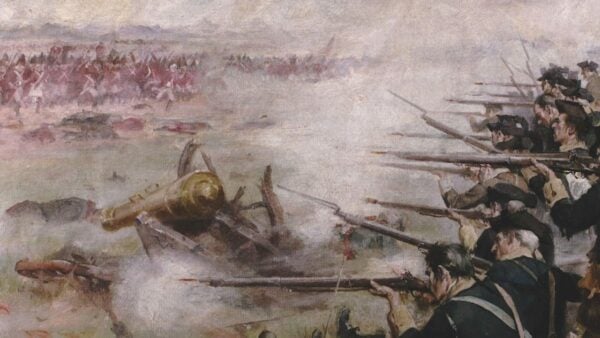This summer, Arizona PBS is featuring a celestial programming spectacle sure to excite any space enthusiast in celebration of the 50th anniversary of the Apollo 11 moon landing.
“Our Summer of Space programming lineup invites PBS viewers to visit the farthest reaches of the universe, blending past and present to celebrate both the 50th anniversary of the moon landing and the latest advances in space exploration,” said Perry Simon, chief programming executive and general manager of general audience programming at PBS. “This exceptional collection of special programs will give viewers a historical understanding of the Apollo 11 moon landing, from its inception to execution with documentaries ‘Chasing the Moon’ and ‘8 Days: To the Moon and Back,’ as well as exploring the distant planets and deep mysteries of space that are well beyond human grasp with ‘Ancient Skies’ and ‘Nova’ programs.”
As part of the Summer of Space, PBS KIDS will roll out new space-themed content beginning in June, including educational resources for families and educators. On June 17, PBS KIDS will premiere “Ready Jet Go!: One Small Step,” at 7 a.m. and 3 p.m. In this one-hour special, Jet and his friends journey to the moon, where they learn about Neil Armstrong and the Apollo 11 mission.
Secrets of the Dead “Galileo’s Moon”
Tuesday, July 2, at 7 p.m.
When it was published in 1610, Galileo’s “Sidereus Nuncius” translated as “Starry Messenger” set in motion a scientific revolution. Using observations he made of both the earth’s moon and Jupiter’s moons, Galileo proved the earth is not the center of the universe. Five hundred and fifty copies of the original treatise were printed and roughly 100 are known to exist today. Watch online.
Nova “Black Hole Apocalypse”
Wednesday, July 3, at 8 p.m. (Part 1) and 9:30 p.m. (Part 2)
Join astrophysicist Janna Levin on a mind-bending journey to the frontiers of black hole research. Discover how scientists are revealing new clues to the strangest and most extreme objects in the universe. Watch online.
Antiques Roadshow “Out of This World”
Monday, July 8, at 7 p.m.
Commemorate the 50th anniversary of the moon landing with stellar appraisals that include NASA memorabilia, space travel treasures, science fiction finds and more. Watch online.
Chasing the Moon: American Experience
Monday, July 8 – Wednesday, July 10, at 8 p.m. each night. Part 1, Part 2 and Part 3 are all online now.
Experience the thrilling era of the space race, from its earliest days to the 1969 moon landing. Written, produced and directed by Academy Award nominee Robert Stone, a fascinating mix of scientific innovation, political calculation, media spectacle and personal drama, the series brings the Space Age to vivid life.
“When we think of that breathtaking moment of the 1969 moon landing, we forget what a turbulent time that was,” said Mark Samels, “American Experience” executive producer. “The country was dealing with huge problems — Vietnam, poverty, civil rights — and there was a lot of skepticism about the space program. ‘Chasing the Moon’ explores the unbelievably complex challenges that NASA was able to overcome. Not a week goes by when someone doesn’t say, ‘Why can’t we do something today as ambitious, as grand as putting a man on the moon?’ It was a century-defining achievement, and our film tells a familiar story in an entirely new way.” Read more here.
Miss the first broadcast? Catch an encore presentation on Tuesdays at 7 p.m. on July 16, 23 and 30.
Space Men: American Experience
Tuesday, July 9, at 7 p.m.
On a perfectly still August morning in 1960, Air Force Captain Joseph Kittinger lifted off in a helium balloon from an abandoned airstrip in New Mexico. Kittinger was part of a research program that began testing the limits of human endurance at the very edge of space nearly a decade before President Kennedy committed the nation to sending a man to the moon. Explore the little-known story experiments in the stratosphere that laid critical groundwork for NASA’s manned space program. Watch online.
Nova “Back to the Moon”
Wednesday, July 10, at 7 p.m.
Join the next generation of engineers who aim to take us “Back to the Moon” as a stepping stone for future human missions to Mars, the Asteroid Belt and beyond. NOVA also address the question of why American astronauts have not returned to the lunar surface. Watch online.
Catalyst: Shaping the Future
Wednesdays at 9:30 p.m.
Explore the role Arizona has played — and continues to play — in the development of the space program. Watch online.
Nova “Apollo’s Daring Mission”
Tuesday, July 16, at 9 p.m.
Apollo astronauts and engineers tell the inside story of how the first mission to the moon, Apollo 8, pioneered groundbreaking technologies that would pave the way to land a man on the moon and win the space race. Watch online.
8 Days: To the Moon and Back
Wednesday, July 17, at 8 p.m.
Join the crew of Apollo 11 for their eight-day, three-hour, 18-minute and 35-second mission. The film seamlessly blends this rare mission audio, featuring candid conversations between Neil Armstrong, Buzz Aldrin and Michael Collins with newly shot studio footage, NASA and news archives, and stunning CGI recreation of the journey and landing to tell this amazing story in a riveting new way. Watch online.
POV Shorts “Earthrise”
Wednesday, July 17, at 9:30 p.m.
Discover the story of the first image captured of the Earth from space in 1968. Told solely by the Apollo 8 astronauts, the film recounts their experiences and explores the beauty and grandeur of the Earth against the blackness of space. Watch online.
A Year in Space
Wednesday, July 17, at 7 p.m.
Tuesday, July 23, at 9 p.m.
Go behind the scenes of astronaut Scott Kelly’s 12-month stay on the International Space Station, where he tested human limits for space travel and laid the groundwork for a manned mission to Mars. Watch online.
Beyond a Year in Space
Tuesday, July 30, at 9 p.m.
Picking up where the first film left off, Scott Kelly’s last day in space and return to Earth, the final installment also introduces viewers to the next generation of astronauts training to leave Earth’s orbit and travel into deep space. Watch online.
Ancient Skies
Wednesdays at 7 p.m., beginning July 24
With CGI, landscape footage and some of the world’s most important astronomical artifacts, this three-part series looks at the universe through the eyes of our ancestors. From hunter-gatherers to Edwin Hubble, we’ll see myriad ways that humans have observed and imagined the heavens. Watch: Gods and Monsters, Finding the Center, Our Place in the Universe
Nova “The Planets”
Wednesdays at 8 p.m., beginning July 24
Get an up-close look at some faraway worlds, including the dark side of Pluto, an ancient Martian waterfall and the storm twice the size of Earth seen from high above Saturn, revealing how each of them has affected our own planet. Over five hour-long episodes, “The Planets” brings the eight worlds that populate our solar system vividly to life, combining accurate and detailed imagery, the latest planetary science research, and extraordinary footage captured by orbiters, landers and rovers to piece together the gripping history of each planet. Watch: Inner Worlds, Mars, Jupiter, Saturn, Ice Worlds
The Farthest: Voyager in Space
Wednesday, July 31, at 9 p.m.
Launched in 1977, NASA’s epic Voyager missions revolutionized our understanding of Jupiter, Saturn, Uranus, Neptune, and their spectacular moons and rings. In 2012, Voyager 1 left our solar system and ushered humanity into the interstellar age. Watch online.
